Improving journalists’ statistical literacy via a new unit standard
As our regular readers will know, statschat bloggers go about educating the media in statistical literacy in various ways – making ourselves available to media, delivering workshops to working journalists and student journalists, and critiquing stats use in the media around us.
But we also have to look at the journalist pipeline – embedding statistical literacy in journalism students and their teachers. Over the last couple of years, Yours Truly, who spent many years of her life in newsrooms as a hack, latterly at the New Zealand Herald, has been banging that drum.
So it’s great news that the decision has been made to devise a unit standard in statistical thinking for the National Diploma in Applied Journalism that journalists follow on-the-job. This would be a Level 6 qualification and it would plug a gaping hole in the diploma. The unit standard doesn’t have a name yet (but I quite like the idea of something like “Demonstrate statistical literacy by ….”)
The reference group is below; we met this week to get things moving.
- Mike Fletcher (NZJTO Executive Director, which has just beem folded into the ITO COMPETENZ), Project Lead
- Andrew Tideswell (Statistics Education, Statistics NZ), facilitator
- Christine McLoughlin (NZJTO Standards Writer)
- Dr Richard Arnold (Professor of Statistics, Victoria University of Wellington)
- Clio Francis, who works on stuff.co.nz (Fairfax Media)
- Colin Marshall, (Acting Manager Strategic Communication, Statistics NZ)
- Paul Stone, (Open Data Advisor, LINZ)
- Patricia Brooking (from COMPETENZ, who is involved with student resource creation)
- Julie Middleton ( Strategic communications consultant, editor, writer, researcher, Communications Adviser to the Department of Statistics, The University of Auckland).
I’ll let you know from time to time how we’re going – and may well ask for your help in finding good case studies and Excel-based data sets to help journalists become familiar with statistical thinking and tools (Excel is a rarity in New Zealand newsrooms).
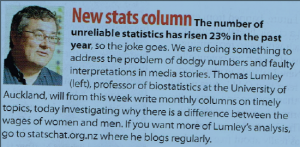
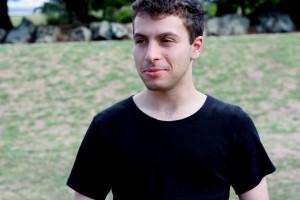
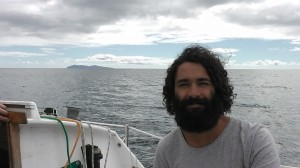
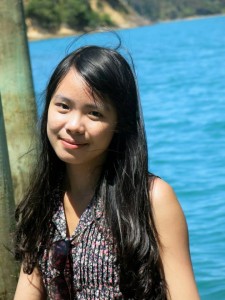
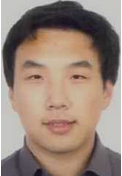

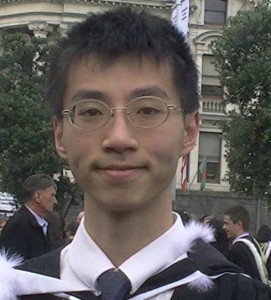
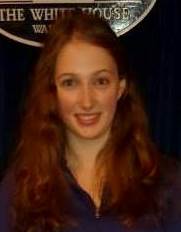
Recent comments on Atakohu Middleton’s posts